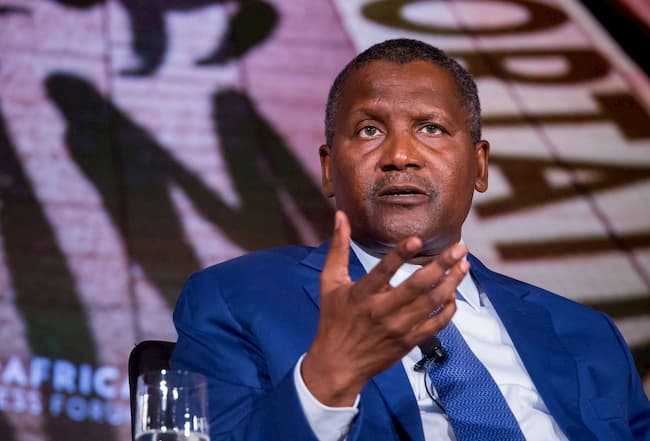Crude oil prices rose early on Friday on the expectation that the US Federal Reserve would decrease interest rates in September as hawkish tendencies lessened. The most recent data on US inventory reduction indicates a healthy demand picture, notwithstanding China’s gloomy view.
On the supply side, cease-fire talks stopped because Israel and Hamas couldn’t agree. Analysts, however, questioned if the United States is a good actor in the Middle East crisis and what role the Americans played in the overall scenario.
Prices rose moderately today due to market developments, the prospect of lower interest rates, demand surge forecasts, and tightening around crude oil supply.
ICE Brent crude rose 0.07% to $77.28 per barrel from $77.22. US benchmark West Texas Intermediate (WTI) increased by 0.06% to $73.06 per barrel after closing at $73.01 in the prior session.
While analysts noted that the Fed is expected to cut interest rates by a total of 100 basis points by the end of the year, investors are now focused on Fed Chair Jerome Powell’s speech on Friday at the annual Jackson Hole symposium in the US state of Wyoming.
The growing expectations that the Fed will cut interest rates in September support upward price movements, as a rate cut would likely weaken the US dollar against other currencies, positively impacting oil demand.
The US dollar index fell by 0.21% to 101.30 compared to the previous trading session.
Meanwhile, the unsuccessful cease-fire negotiations in the Middle East, home to a vast majority of global oil reserves, contributed to price increases by heightening supply concerns among market players.
The latest round of mediated negotiations between Israel and Hamas concluded on August 16 in Doha, Qatar. During this session, the US presented a “final bridging proposal,” which the White House stated aligns with the principles endorsed by President Joe Biden on May 31.’
However, the parties did not reach an agreement, as Hamas has consistently demanded the complete withdrawal of Israeli forces from Gaza and a permanent end to the conflict as conditions for any cease-fire. In contrast, Israeli Prime Minister Benjamin Netanyahu has rejected these demands, asserting that Israeli troops will remain in Gaza for as long as deemed necessary.
Prices staged a recovery on Thursday, breaking a four-day streak of declines which had pushed the market towards oversold territory, ING analysts say in a note.
Oil group OPEC+ will still be concerned about the recent weakness in the market and it is increasingly likely that the group will have to ditch plans to start raising supply from October, ING commodities strategists said in a note.
However, this will depend on where the market is trading towards the end of September, ING adds.













